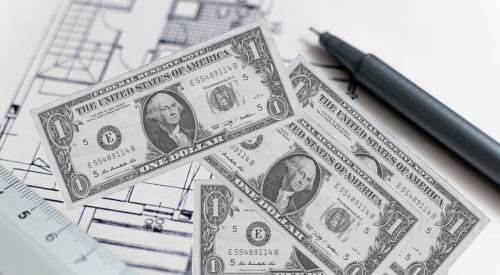Shared appreciation mortgages (SAMs), may provide builders with a valuable option on properties that are perceived to be risky investments or when interest rates are climbing, according to accounting giant Grant Thornton International. But be aware that SAMs are risky in their own right, especially in their impact on your relationship with the tax man.
In the typical SAM, the lender provides a builder with a loan bearing a fixed rate of interest, plus a share of the profit on a subsequent disposition of the property. That's where the tax issue arises: Should you treat the share of appreciation paid to the lender as deductible interest expense or does that imply the creation of a partnership between lender and borrower?
"If it's an interest expense, then the borrower would most likely have an ordinary tax deduction," says Jerry Williford, a tax executive director with Grant Thornton's Charlotte, N.C., office. "If the lender is deemed a partner, the tax implications become much more complex."
But Williford says it seems clear from other IRS rules and court cases that in SAMs, the borrower and lender are not partners for tax purposes. He believes payment of a share of appreciation to a lender should result in an interest deduction. Still, builders should be aware the IRS could raise the issue.










